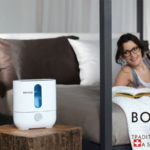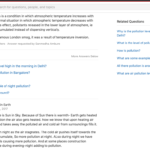Air purifiers function by employing one of two mechanisms: passive or active air filtration. Some machines may also use a combination of both to enhance their air purification capabilities.
In passive filtration, an air purifier will utilize a fan and a filter. Active filtration, on the other hand, involves components that create a reaction, such as ion generation, UV light emission, or photochemical reactions. Machines that use a combination of the two will incorporate a fan, filters, and reaction-generating parts.
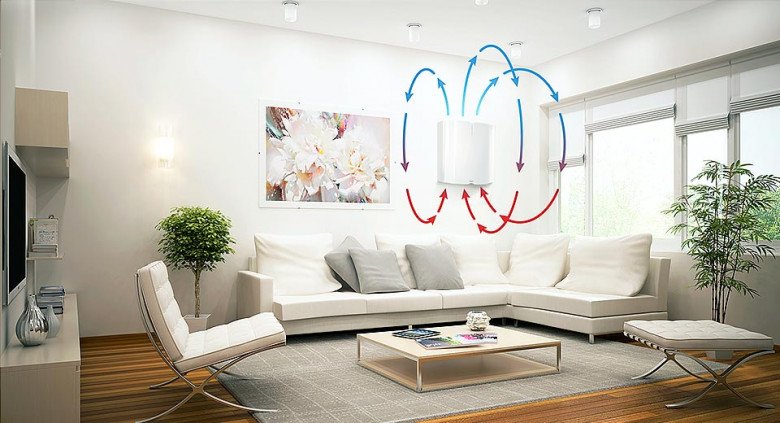
When the power button is pressed, the air purifier’s fan kicks into action, drawing in air and passing it through the filters. Here, dust, mold, bacteria, viruses, and more are trapped, ensuring that only clean air is circulated back into the room.
Are Air Purifiers Truly Effective?
Air purifiers are marketed as devices that improve air quality by filtering out dust, bacteria, and other pollutants, leaving the indoor air cleaner and fresher. But do they really work?
This is a question on many minds, as people may not fully understand the capabilities of air purifiers. Some purchase them simply for peace of mind during these times of heightened air pollution.
Additionally, seeing dust settle on surfaces despite having an air purifier leads some to doubt its effectiveness. It’s essential to understand that air purifiers are not vacuum cleaners. They primarily target ultra-fine particles, specifically those sized 2.5 micrometers (PM 2.5) or smaller, which are captured as the purifier creates airflow rather than larger, standard dust particles.
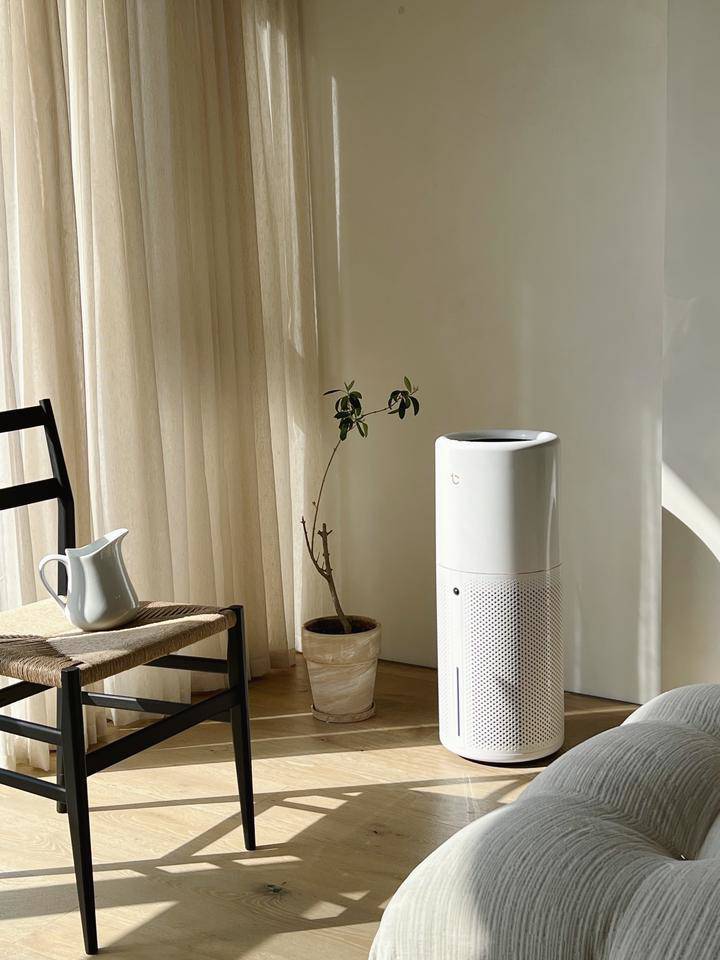
So, are air purifiers truly effective? The answer is yes. These devices are proven to filter out dust, bacteria, and mold spores from the air, as demonstrated by numerous experiments. The most visible proof is the thick layer of dust that accumulates on the coarse filter over time.
However, the level of air purification depends on the quality of the fan and filters used. Additionally, the placement and arrangement of the purifier in the room can impact its effectiveness.
How Can I Get the Best Results from My Air Purifier?
First, to ensure optimal performance from your air purifier, you must choose a unit that suits your family’s needs. Specifically, select a purifier that matches the room size, and avoid those with insufficient power and airflow, as they will underperform.
When purchasing an air purifier, consider your geographical location. For urban areas, opt for purifiers with filters that target PM 1.0, PM 2.5, and PM 10 particles. For mountainous regions with low humidity, choose a unit that generates ions.
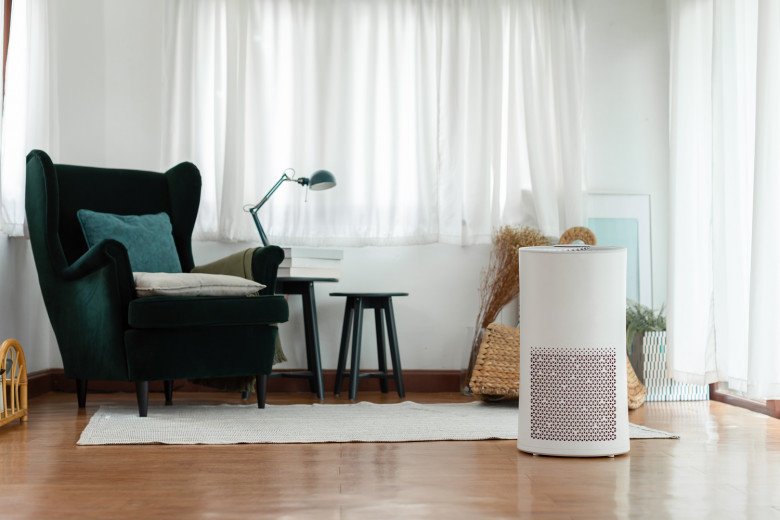
Second, place your air purifier in a well-ventilated area of the room to ensure optimal airflow and enhance its performance.
Third, refrain from running the air purifier continuously throughout the day. Doing so will cause the filter to accumulate more dust, hindering the fan’s airflow. To maintain the initial filtration efficiency, the fan would need to increase its power, leading to louder operation, higher energy consumption, and a shorter lifespan. It’s best to operate the air purifier for around eight hours daily to ensure the longevity of both the filter and the device.
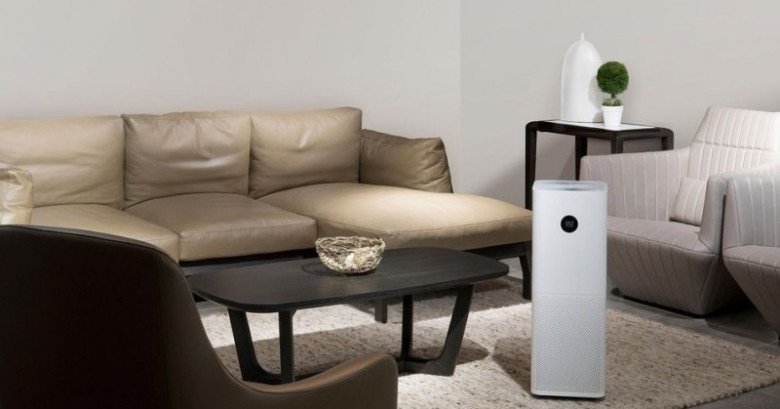
Fourth, slightly open a window when using the air purifier to ensure proper ventilation and improve indoor air quality. This is because air purifiers can only clean the initial air in the room but cannot absorb excess CO2 or introduce fresh air from outside. Prolonged use without ventilation can lead to a stuffy and airless environment, affecting the well-being of those inside.
Alternatively, you can keep the windows closed but opt for a smart purifier that automatically turns on and off when doors or windows are opened or closed, ensuring optimal performance.
Fifth, regular maintenance is key. Over time, dust accumulates on the filters, so they need to be cleaned to prevent the machine from becoming a dust-spreading agent. Left unattended, the buildup of dust and the growth of mold and bacteria on the filters can compromise the health of your family.
What is the English Ivy? Its Characteristics and Feng Shui Significance
Spring Evergreen, or as we know it, Thuong Xuan, is a familiar friend with a wealth of benefits. This plant is a powerhouse, boasting medicinal and spiritual properties that have captured the attention of many. But what is the true nature of this enigmatic evergreen? What mystical meanings does it hold in the realm of Feng Shui, and which individuals does it favor? Join us as we unravel the mysteries of the Thuong Xuan tree and explore its profound significance.





























